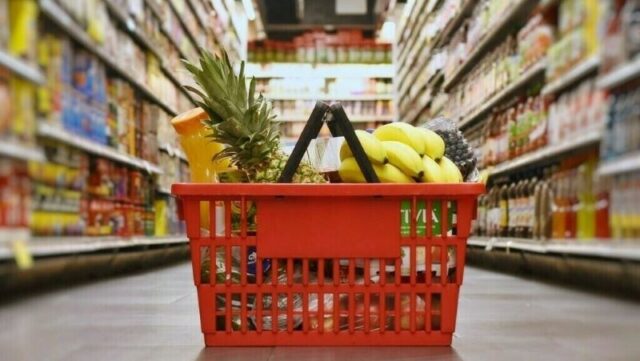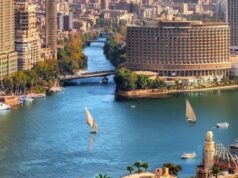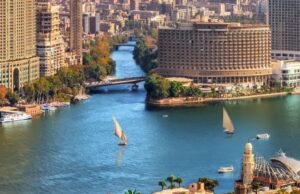
(3 Minutes Read)
While the inflation is still within the manageable level according to the African standards at 9.5%, Algeria does not have any record of inflation breaching tolerable levels.
Algeria is in the grip of inflationary pressure, which has put products and services beyond the reach of the common man. While the inflation is still within the manageable level according to the African standards at 9.5%, Algeria does not have any record of inflation breaching tolerable levels.
In the capital city of Algiers, at the Reda Houhou market, prices are high. Customers find it hard to cope with soaring prices, especially during the month of Ramadan. Over the past three years, Algeria has bounced back economically thanks to the rising oil prices.
Every year, during the month of Ramadan, prices go up. But they were at a tolerable range for this oil-rich country, which of late, has gone beyond the levels. For instance, tomatoes are priced at 120 or 140 dinars (per kg), and meat at 2600 dinars (per kg). Since the wage level remains static for some time, price increases burn the pockets of average citizens. Amidst the lack of products and high prices, meat vendors are importing these products. That adds further to the price increase, despite the subsidies being extended by the government.
Read Also:
https://trendsnafrica.com/algeria-signs-mou-with-rosatom-for-peaceful-use-of-nuclear-energy-2/
The Algerian government has subsidized a market in Algiers where products are affordable, and most importantly available through schemes like the solidarity market initiative to reduce prices by around 20% less than the market price.











